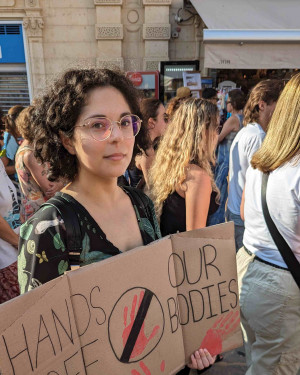Homelessness
In this day and age Malta does not yet have an official classification of what it means to be homeless.
Recognising the issue.
Create a legally recognised definition/s of homelessness. This should be done in cooperation with organisations such as YMCA, Caritas, MGRM and others.
Conduct a well resourced nationwide study.
To identify the number of homeless individuals.
To identify the causes of homelessness.
Provide a mixture of services to meet needs related to age, gender and special needs. Addressing the needs of specific groups of vulnerable individuals is fundamental to ensure that they feel comfortable and safe, and implement measures to prevent the prolonging of their homelessness.
Provide treatment for drug use and treat addiction as a medical condition and not a crime.
Provide mental health support and social services to those who have experienced homelessness or social exclusion to tackle conditions that may lead to further alienation and worsening of the situation.
Tackle gender-based violence and related gendered causes of homelessness and address underlying gendered aspects of poverty and homelessness.
Reduce the stigma attached to homelessness through multimedia awareness-raising campaigns.
Encourage businesses to take on long-term unemployed and/or homeless persons through monetary incentives.
Housing First
Adopt Housing First approach from Finland. Providing homeless people with social housing before other rehabilitation steps. These are the following principles:
Housing as a Human Right. (UNHCR)
Choice and control for service users. People using the service should be listened to and their opinions should be respected
Separation of housing and treatment. Housing First ensures the human right to housing is not compromised by requiring service users to engage with treatment either to access housing or to remain in housing.
Recovery orientation. A service with a recovery orientation focuses on the overall well-being of an individual. This includes their physical and mental health, their level of social support (from a partner, family or friends) and their level of social integration, i.e. being part of a community and taking an active part in society
Harm reduction. Harm reduction is based on the idea that ending problematic drug and alcohol use can be a complex process and that services requiring abstinence, or detoxification, do not work well for many homeless people
Active engagement without coercion. Within the harm reduction and recovery orientation of Housing First, the emphasis is always on positively trying to get people using Housing First to engage with the help they need.
Person-centred planning.
Flexible Support for as Long as is Required. Support intensity can rise and fall with individual needs so that Housing First can respond positively when someone needs more, or less, help on a day-to-day basis.



